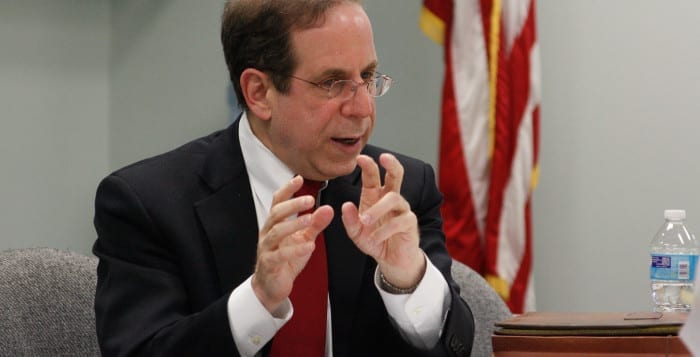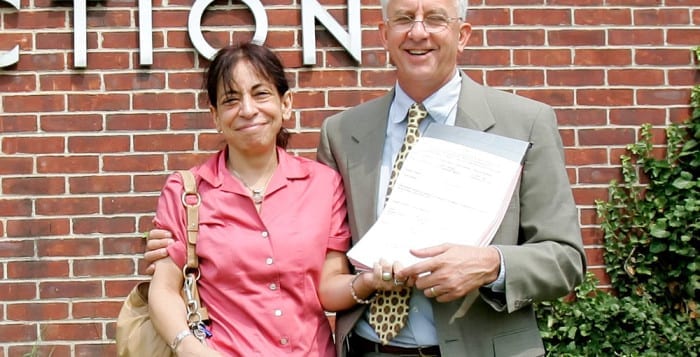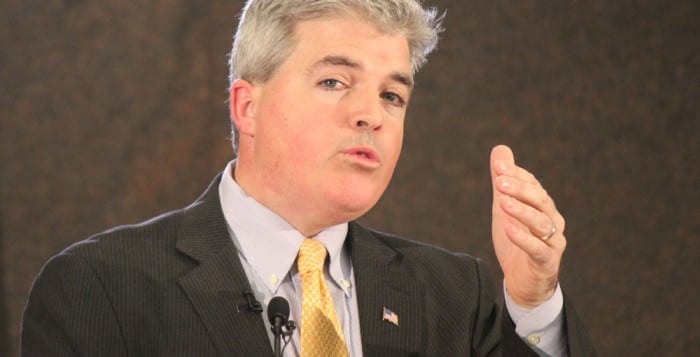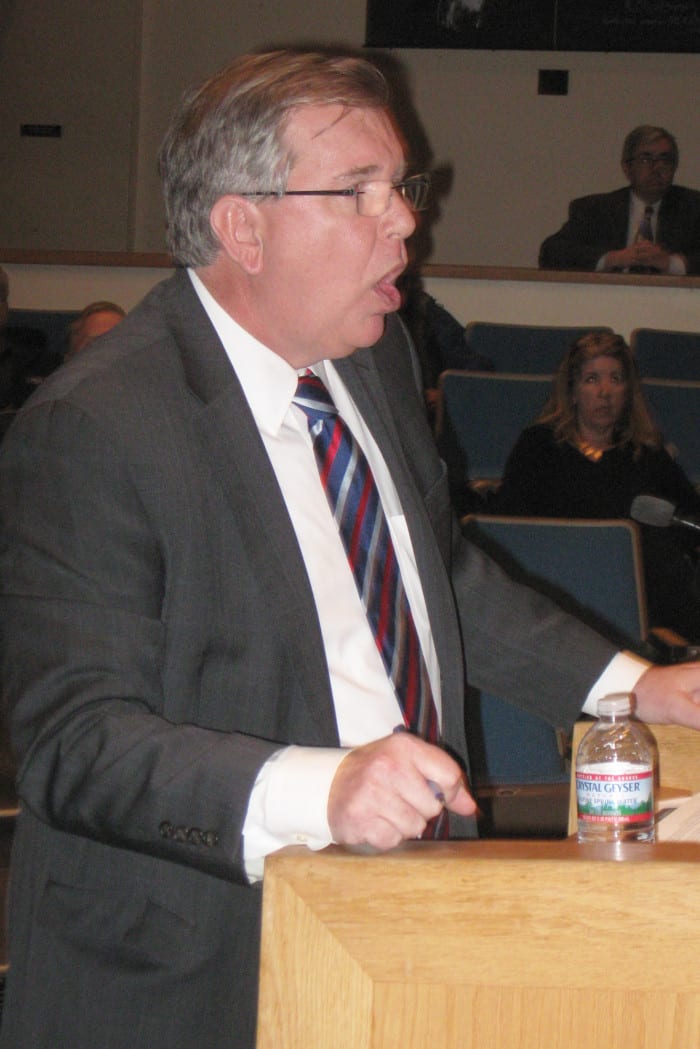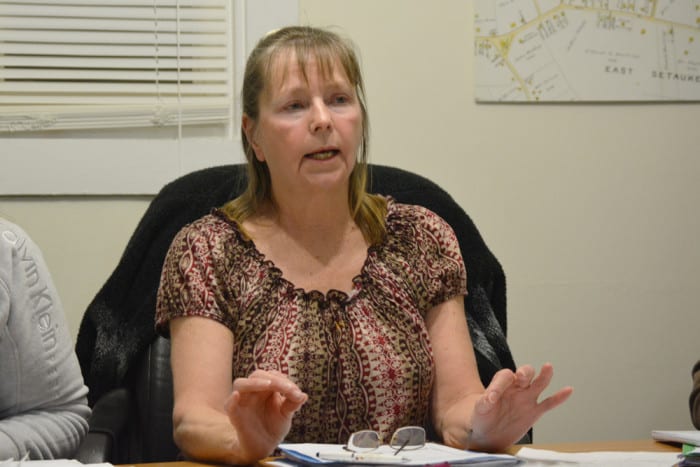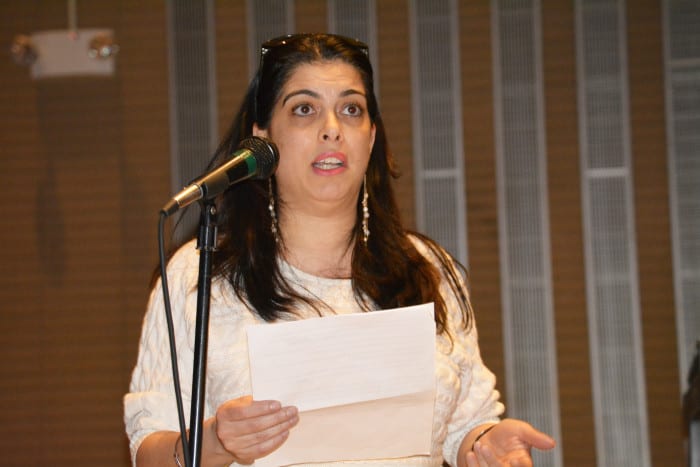Missing money has the Poquott Civic Association approaching a boiling point.
An ongoing mystery regarding the $23,000 civic members alleged former President Eddie Schmidt mishandled two years ago reached a new milestone Thursday when the 21-year-old fired off a mass email to the civic. In the email, Schmidt outlined his tenure as president, explaining his silence since the accusations arose late last year and how they have affected him.
“The silence was a courtesy as I thought the present Board was genuinely working towards a mutual agreement between us to benefit the community. Unfortunately, the board was not genuine in its dealings, and has acted contrary to resolution,” Schmidt said in the letter. “I am writing this letter now to explain the situation, as I have genuine concerns regarding the presentation of the information by the Board, and by the climate of rumor that has spread throughout our village.”
Schmidt went on to detail the events he helped push as president despite a hefty workload while attending college at 19 years old. He said accusations, which he referred to as rumors, deeply hurt him.
“I did my best to work towards common ground while rumors became widespread, and incorrect information and damaging assumptions were presented.”
Schmidt, who resigned as president of the Poquott Civic Association in September, was accused of stealing more than $23,000 from the organization during his time at the helm. Civic leaders allege that while president, the 21-year-old used money raised at civic events to purchase things unrelated to civic expenses, like gasoline, Vineyard Vines clothing and dining at gourmet restaurants.
Members of the civic spoke up on the matter at Thursday’s monthly meeting for the first time in months as legal matters were ongoing. Civic President Carol Pesek brought new details on a potential settlement between her group and Schmidt as the parties try to reconcile the thousands of dollars that allegedly went missing.
“The letter opened the door for the civic board to bring more information to the community,” Pesek said in an interview the day after the meeting.
The board read a response back to the letter and then finally spoke about what members have been enduring the last few months. Peter Lavrenchik, a legal advisor who spoke on Schmidt’s behalf, said the former president and the board were exploring a potential settlement.
Pesek said the settlement offer was for $15,000 — $5,000 less than the money originally demanded late last year — and also included a controversial confidentiality clause that would forbid the board from speaking of the matter. There was also a nondisclosure clause that would forbid it from letting the community know where the money came from, and an agreement that Schmidt would not be prosecuted, the civic board said.
“It was an offer, but we couldn’t get past the confidentiality agreement,” Treasurer Felicia Chillak said.
Calling on legal advice, members of the board said they would not sign onto any settlement agreements for the time being. The response elicited a rousing response from members of the Poquott community.
“We never presented [the offer to the public] because in the beginning, we couldn’t get the confidentiality clause off the table,” Pesek said. “If we could have gotten rid of the confidentiality clause, we would have brought it to the table.”
Pesek said the board repeatedly told Lavrenchik that it would not sign a confidentiality clause, and he said there would be no offer without it.
Calls to Schmidt and Lavrenchik were not returned. Both parties were invited to the civic’s meeting, Pesek said, but did not attend.
Any future offers or potential settlements would be brought before the civic, Pesek said.
As community members went back and fourth discussing the $15,000 settlement Thursday night, Schmidt’s mom, Beth Schmidt, spoke emotionally in defense of her son, whom she said was waiting outside in her car. The legal trouble has weighed heavily on her son, who has been losing weight as a result of the emotional stress, the mother said.
“My kid did not steal $20,000 or $23,000,” his mother shouted at the meeting last week. “You practically destroyed him. I’m watching my kid suffer. He is a nice kid and feels terrible.”
Also in attendance at the meeting was Schmidt’s girlfriend, Kaitlin Sisti, who came to Schmidt’s defense and said there was no way he could have stolen the money, as it was all used for community events.
As the meeting drew closer to its conclusion, some members of the civic argued that regardless of which party was at fault, it was in the community’s best interests to move beyond this legal trouble.
“It’s tearing the village to pieces,” resident Harry Berry said after last week’s contentious meeting. “In 34 years, I have never seen anything split the village like this.”


